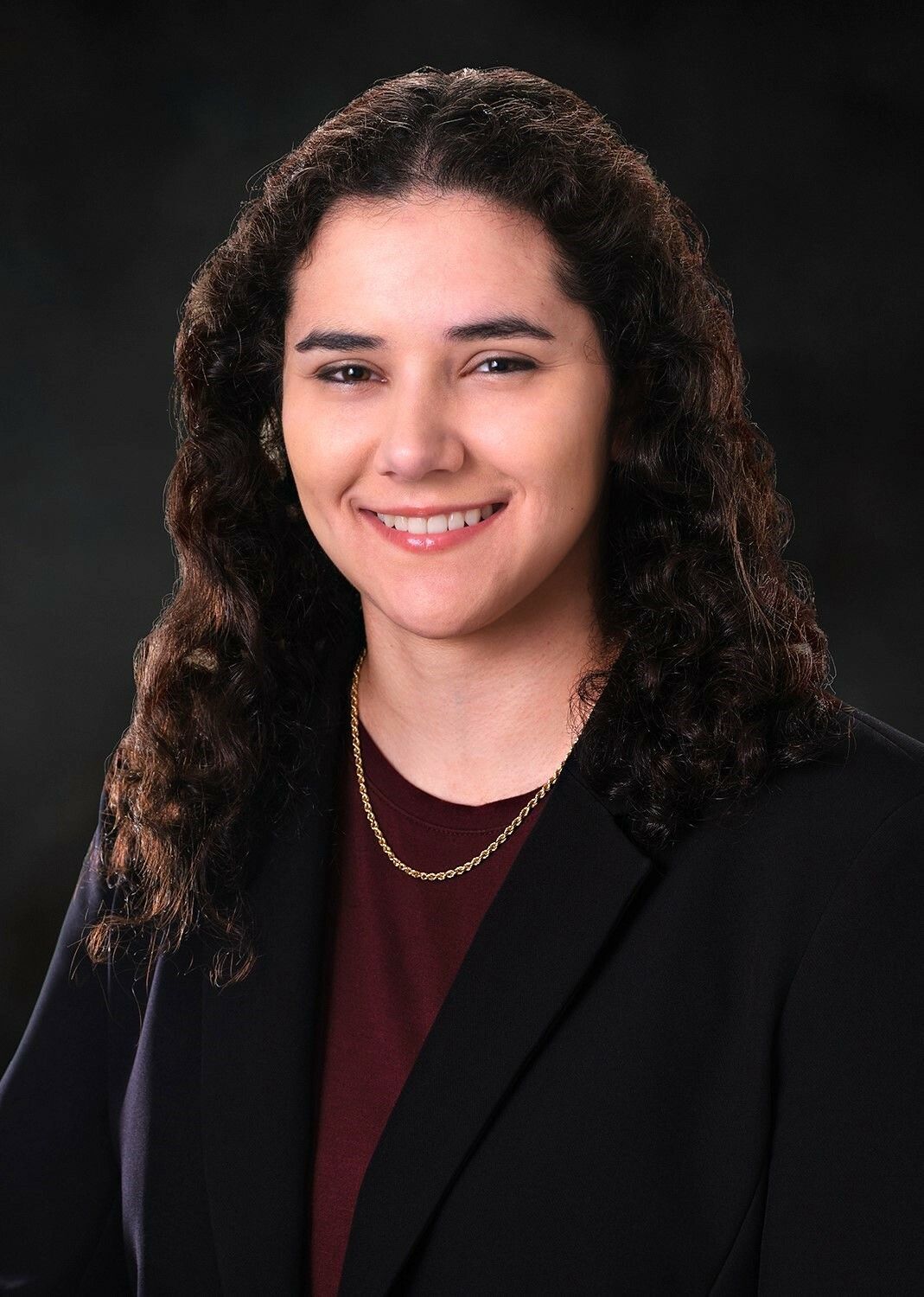Se Habla Español. Para asistencia en Español por favor llame a 423.752.0572
Call Us (423) 756-8400
“Actual Damages” Means “Compensatory Damages”: Tennessee Court of Appeals Upholds Collateral Source Rule in Tennessee Claims Commission Case
“Actual Damages” Means “Compensatory Damages”: Tennessee Court of Appeals Upholds Collateral Source Rule in Tennessee Claims Commission Case
On Wednesday, February 28, 2018, the Middle Section of the Tennessee Court of Appeals handed down its ruling in In re Estate of Sylvia Marlene Tolbert, et al., v. State of Tennessee, No. M2017-00862-COA-R3-CV. The Claimants in Tolbert were two private individuals who were involved in an automobile accident caused by a State employee who worked for the Tennessee Emergency Management Agency. The two Claimants originally filed their claims against the State of Tennessee in the Tennessee Claims Commission.
The Claims Commission found that the State was liable to the Claimants for the personal injuries suffered by the Claimants. On appeal the Tennessee Court of Appeals in Tolbert upheld the Claims Commission’s award of damages against the State. The State’s only issue on appeal in Tolbert was whether the proper measure of damages for medical expenses was awarded to the Claimants, pursuant to a statute called the Tennessee Claims Commission Act (the “Act”).
The Court of Appeals in Tolbert held that the “collateral source rule,” very recently confirmed by the Tennessee Supreme Court in the highly-anticipated Dedmon v. Steelman decision (Dedmon v. Steelman 535 S.W.3d at 431 (Tenn.2017), also applied in a case against the State brought before the Claims Commission under the Act.
As confirmed in the Dedmon decision, the “collateral source rule” prohibits “the reduction of a plaintiff’s recovery [in a personal injury action] by [payment or] benefits from a source or sources that is unrelated to the legally responsible party.” See Dedmon, 535 S.W.3d at 443. The “collateral source rule” establishes that any evidence of payments or benefits from a collateral source is inadmissible at trial, and that the portions of an injured party’s medical bills that are written off or forgiven by a source other than the responsible party constitutes a benefit to the plaintiff, and is therefore covered under the collateral source rule. See Fye v. Kennedy, 991 S.W.2d 754 (Tenn.Ct.App.1998).
Dedmon confirmed that in Tennessee, an injured party can still recover from a liable tortfeasor the entire amount of the charged medical expenses, even if a portion of the incurred medical expenses were discounted or were paid by another source, such as a private insurance company. In other words – a person liable for causing personal injury to another is not entitled to a discount on what he is to pay the injured party if someone else has already paid for some part of the injured party’s medical bills.
In Tolbert, the State argued that the collateral source rule, which is a common law - or judge-made law - had been statutorily abrogated in personal injury actions against the State since the Tennessee General Assembly’s adoption of the Act.See Tenn.Code Ann. § 9-8-307(d); see also Dedmon, 535 S.W.3d at 440.
The State argued that the Tennessee Supreme Court has already partially abrogated the collateral source rule in two other types of cases:health care liability actions and worker’s compensation cases. citing Dedmon, 535 S.W.3d at 445-46. The Court of Appeals agreed with the State’s contention that the Tennessee General Assembly has the constitutional and legislative authority to change common law.
However, in citing to Cellco P’ship v. Shelby Cnty., 172 S.W.3d 574 (Tenn.Ct.App.2005), the Court of Appeals declined to accept that just the mere existence of a statute is not enough to abrogate the common law. The Court of Appeals in Tolbert further states that a statute must be strictly construed when it derogates from Tennessee common law, confirming yet again that a statute does not alter the common law any further than the statute expressly declares or requires an abrogation or delegation from the common law.
The State relied on subsection (d) of the Act, alleging that the Tennessee General Assembly chose the term “actual damages” in subsection (d) rather than the term “compensatory damages”. See Tenn.Code Ann. § 9-8-307(d). The States argument was that the term “actual damages” means that a party injured by the State can only recover from the State the actual amounts paid (and not the amounts charged) for the injured party’s medical expenses.
The Tennessee Court of Appeals disagreed with the State’s argument, holding that the term “actual damages” used in subsection (d) of the Act means the same thing as the term “compensatory damages”. The Court of Appeals further cited to a number of cases in support of its decision that the well-recognized and accepted common law meaning for both “actual damages” and “compensatory damages” is the same.
The Tennessee Court of Appeals concluded that if the General Assembly had intended to limit the State’s liability to only the “actual amounts paid,” then that phrase – instead of “actual damages – should have been the phrase used in subsection (d) of the Act. The Court of Appeals stated that without this clear expression of legislative intent, Tennessee Courts will not presume that the General Assembly intended to abrogate from the collateral source rule in personal injury actions before the Claims Commission.
The Tennessee Court of Appeals in Tolbert extended the Tennessee Supreme Court’s holding in Dedmon with regard to the collateral source rule, holding that the collateral source rule also applies to claims against the State of Tennessee filed in the Tennessee Claims Commission. What does the holding in Tolbert mean for people who are injured in the State of Tennessee when the responsible party for the injury is the State of Tennessee? It means that an injured party who successfully brings a claim against the State in the Claims Commission can still recover from the State the entire amount of the unadjusted medical bills associated with the injured party’s medical treatment, the same as if the liable party was a private individual.
At Grant Konvalinka & Harrison, our firm has combined experience in excess of 50 years in helping clients navigate the complexities of any type of legal dispute. Joe Dickson is an experienced attorney, practicing primarily in the areas of personal injury, commercial, and landlord/tenant litigation. To learn more about Joe or about GKH, please contact Joe at 423-756-8400 or by email at jdickson@gkhpc.com.
This blog is not intended to create an attorney/client relationship or provide legal advice. Please contact the author if you have any questions or comments regarding the subject matter.





Business Hours
- Mon - Thu
- -
- Friday
- -
- Sat - Sun
- Closed
All Rights Reserved | Grant Konvalinka & Harrison, P.C | Powered By Flypaper | Privacy Policy




